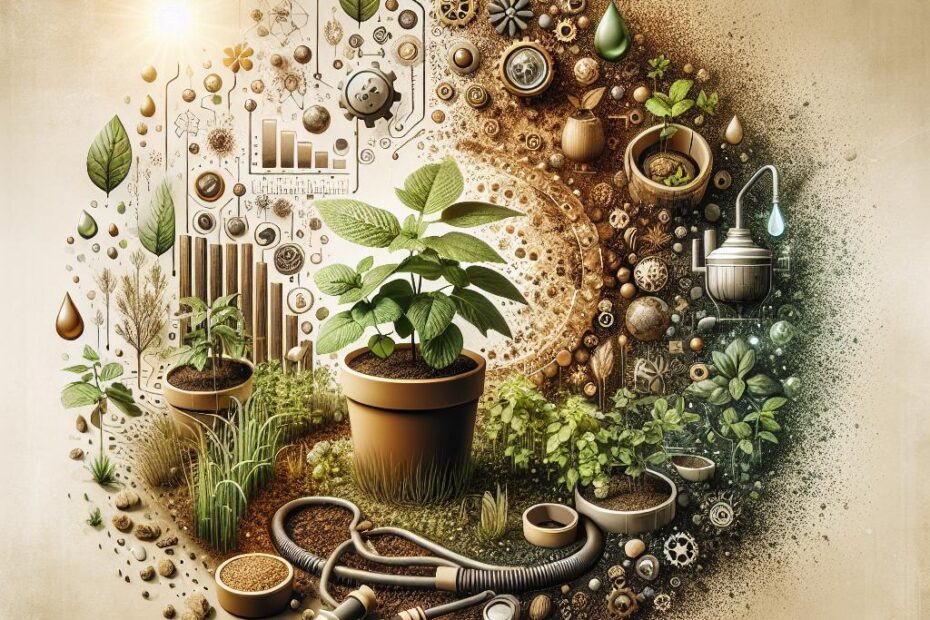Best Soil for Indoor Herbs: A Complete Guide
When it comes to growing herbs indoors, one of the most important factors to consider is the type of soil you use. The right soil can make all the difference in the health and vitality of your indoor herb garden. In this comprehensive guide, we will discuss the best soil for indoor herbs, including key characteristics to look for and top options on the market. Whether you are a beginner or seasoned gardener, this article will provide you with the knowledge you need to successfully grow herbs indoors.
Why Choosing the Right Soil Matters
Choosing the right soil is crucial when it comes to growing herbs indoors for several reasons:
- Good soil provides essential nutrients for plant growth
- It ensures proper drainage, preventing waterlogging
- Healthy soil promotes strong root development
- It helps regulate pH levels for optimal plant health
Key Characteristics of Good Indoor Herb Soil
When selecting soil for your indoor herb garden, keep the following characteristics in mind:
- Well-draining: Herbs do not like to sit in waterlogged soil, so choose a soil mix that drains well.
- Rich in organic matter: Organic soil mixes provide essential nutrients for herbs to thrive.
- pH balanced: Herbs prefer slightly acidic soil with a pH range of 6.0 to 7.0.
- Lightweight: Indoor herb soil should be lightweight and airy to promote healthy root growth.
Top Soil Options for Indoor Herbs
1. Organic Potting Mix
Organic potting mix is a popular choice for indoor herbs as it is rich in organic matter and nutrients. Look for a potting mix that is specifically formulated for herbs and vegetables for best results.
2. Coco Coir
Coco coir is a sustainable alternative to peat moss and is excellent for moisture retention. It is lightweight and promotes good drainage, making it a great option for indoor herb gardening.
3. Perlite and Vermiculite Mix
Perlite and vermiculite are both lightweight, inorganic materials that help improve soil aeration and drainage. Mixing them with potting soil can create a well-draining and nutrient-rich environment for your herbs.
| Soil Type | Characteristics |
|---|---|
| Organic Potting Mix | Rich in organic matter and nutrients |
| Coco Coir | Lightweight and moisture-retentive |
| Perlite and Vermiculite Mix | Improves soil aeration and drainage |
Practical Tips for Indoor Herb Gardening
Here are some practical tips to help you succeed with your indoor herb garden:
- Ensure proper drainage by using pots with drainage holes
- Provide adequate sunlight for your herbs to thrive
- Water your herbs when the top inch of soil feels dry
- Fertilize your herbs regularly with a balanced fertilizer
Benefits of Growing Herbs Indoors
Growing herbs indoors offers several benefits, including:
- Convenient access to fresh herbs for cooking
- Enhanced indoor air quality through plant photosynthesis
- Aesthetic appeal and natural decor for your home
Conclusion
Choosing the right soil is essential for the success of your indoor herb garden. By selecting a soil mix that is well-draining, rich in nutrients, and pH-balanced, you can create an optimal environment for your herbs to thrive. Experiment with different soil options to find the best fit for your indoor herb garden, and enjoy the benefits of growing fresh herbs right in your own home.
Happy gardening!
